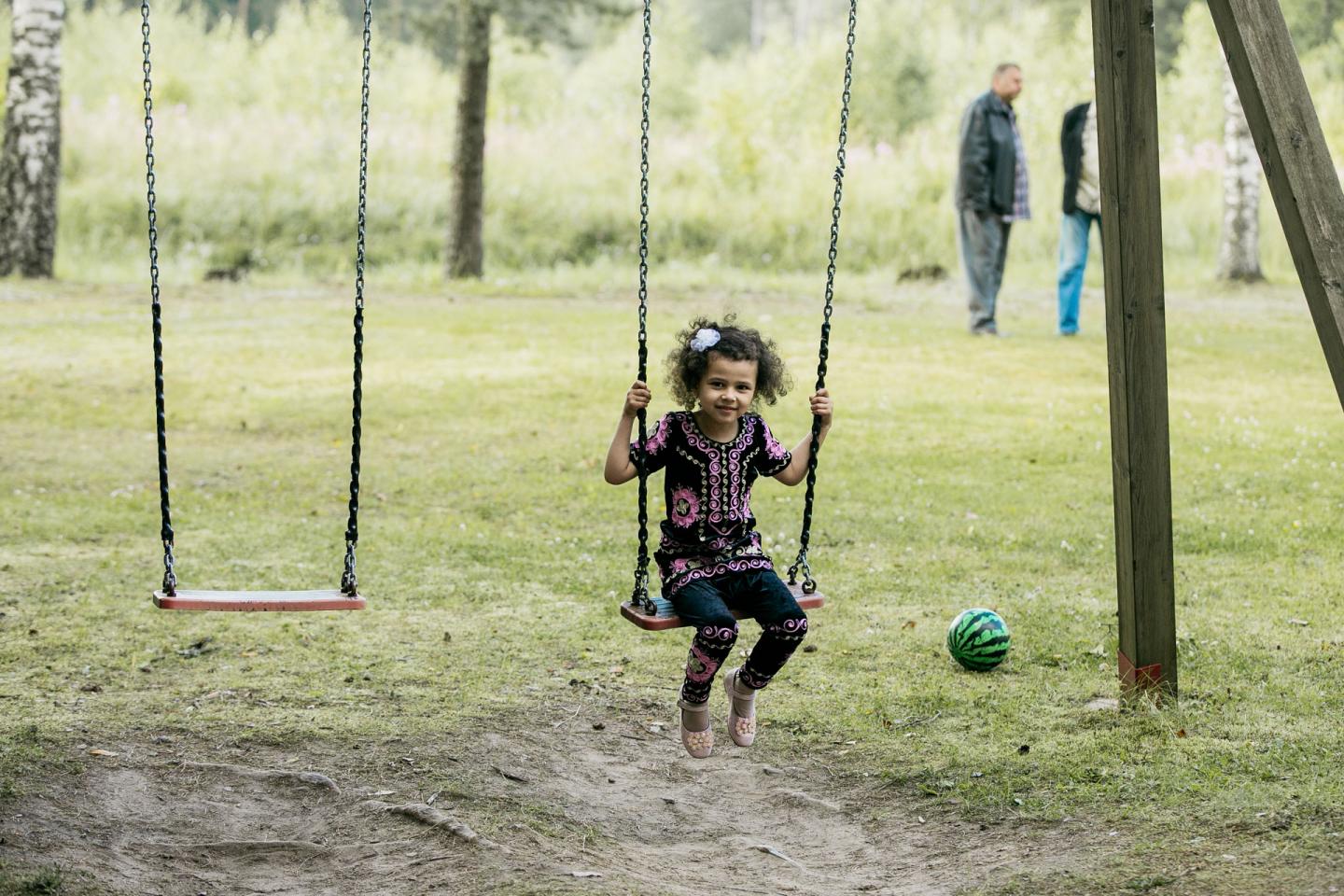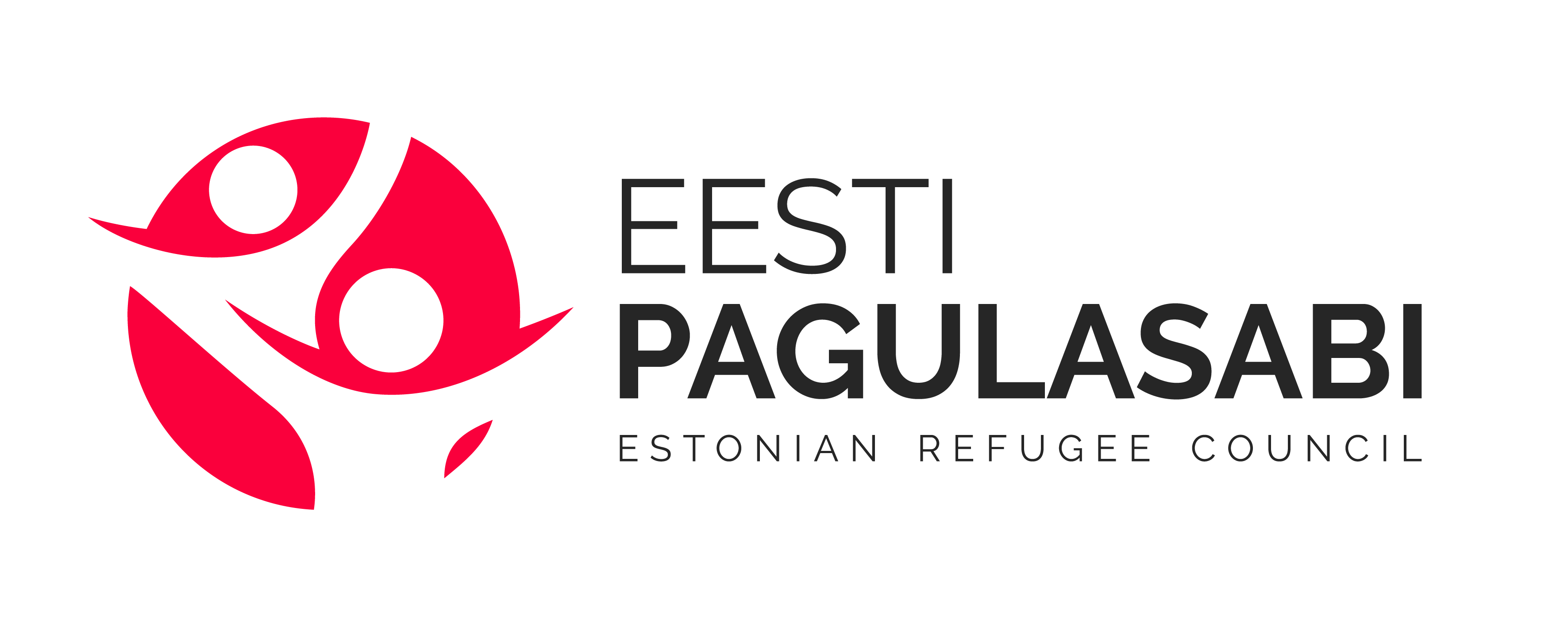
Estonian Refugee Council will continue to support the adaptation of children with a migrant background in kindergartens
In 2021, Estonian Refugee Council will continue to advise and train specialists working with children to ensure that children with a migratory background find themselves in an environment that supports different cultures when they arrive in Estonia. Up to ten kindergarten groups will be counselled for this purpose and several trainings are planned.
“Last year we focused on developing counselling methodologies and piloting them to provide more meaningful and comprehensive support to kindergartens than training allows. This year we can immediately start counselling activities in full swing,” said Anu Viltrop, the Head of Support Services of the Estonian Refugee Council. In addition to the employees of the Estonian Refugee Council, there are also two teachers who are contributing the counselling activities – Kadri Karlis, a teacher at Tartu Terakese kindergarten, and Jane Möll, a teacher at Tareke kindergarten in Haapsalu.
According to Viltrop, the pandemic also offers many challenges for kindergarten teachers. "In addition to the more traditional Avatud Algus trainings, we are planning a series of e-events so that kindergarten teachers can gain new knowledge, but also exchange experiences on how to support the adaptation of children with a migratory background in such special circumstances as we have today," said Viltrop.
If the situation in Estonia allows, two camps for children aged 7-12 will be held in the summer to encourage the mental well-being of refugees and offer them the opportunity to make friends among Estonian children. The activities of the camps mostly focus on games that develop creativity and gaining knowledge about the local nature.
Mariel Värk, the organizer of the children's camps coordinated by the Estonian Refugee Council, pointed out the importance of face-to-face communication. "Children will certainly enjoy just being together and spending time in the open air, swimming and picking berries," said Värk, adding that during the coronavirus children have had to isolate at home and sit behind their computer screens. The camp offers a good opportunity for direct communication, also helping to prevent mental health problems.
The activities are funded by the Ministry of Education and Research.
